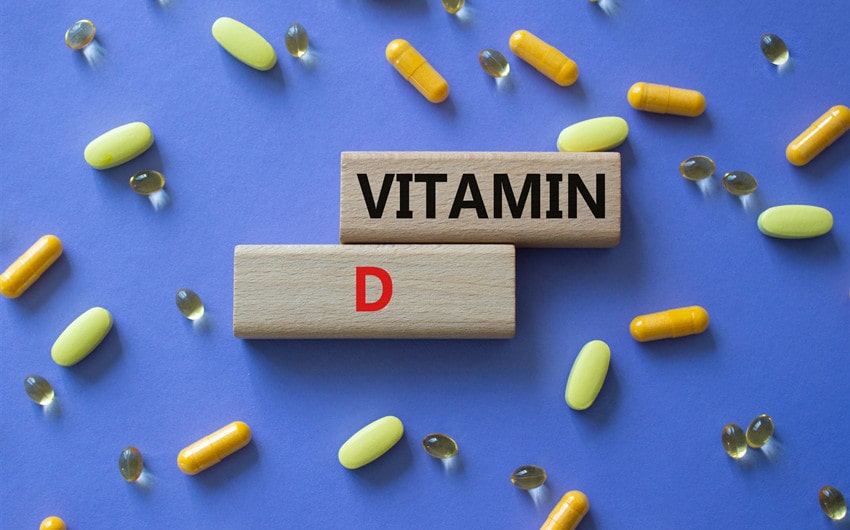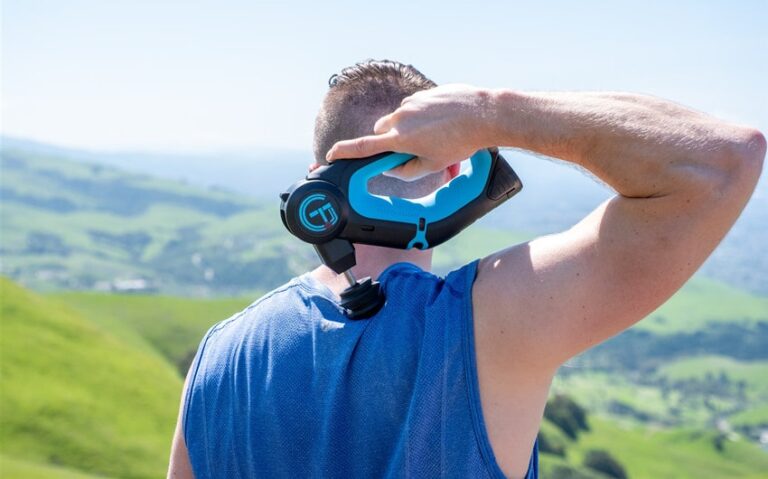Can You Bring Vitamins on a Plane? Here’s the Full Guide
It’s the little routines that ground us — a favorite vitamin, a familiar capsule each morning — even when everything else is in motion. If you’re packing for a trip and wondering, “Can I bring my vitamins on the plane?” the answer is yes. But depending on how you pack them, where you’re flying, and what kind of supplements you take, there are a few smart moves you’ll want to make before you head for security. Here’s everything you need to know to fly stress-free with your vitamins by your side.
Yes, You Can Bring Vitamins on a Plane — Here’s the Quick Answer
Vitamins, supplements, and over-the-counter medications are allowed in both your carry-on luggage and checked bags when flying within the United States and to most international destinations. TSA doesn’t restrict vitamins in any form — capsules, tablets, soft gels, gummies, or powders are all permitted.
You do not need to declare vitamins at security checkpoints, and they are not subject to the liquid rule (even if they come in soft-gel form). However, if you’re carrying a large amount or if the packaging raises any questions during screening, TSA officers may ask to inspect them. Being prepared with clearly labeled items can make the process smoother and faster.
How to Pack Vitamins for Air Travel
Technically, you can toss your vitamin bottles into your bag and go. But a little intentional packing can save you time, hassle, and confusion — especially if you’re carrying multiple supplements or traveling internationally.
- Original Containers Are Safest: Keeping vitamins in their original, labeled packaging helps TSA and customs agents quickly identify them. It minimizes questions if your bag is inspected or X-rayed.
- Pill Organizers Are Fine for Short Trips: If you’re only bringing a few days’ worth, using a daily pill case is allowed. TSA doesn’t require vitamins to remain in original bottles, but having clear pills in an organized container can speed up security checks.
- Powders Need Special Care: If you’re bringing powdered supplements, like protein powders or greens blends, they must be packed carefully. Powders larger than 12 ounces (about 350 mL) should be removed from your bag for separate screening at security checkpoints. Pack them in a transparent, resealable bag if possible and be prepared to explain what they are.
- Prevent Spills: Airplane cabins are pressurized, which can cause some containers to leak or pop open. Tighten lids securely, and consider sealing bottles in a zip-lock bag for extra protection.
Organized packing doesn’t just make things easier at security — it also makes your life simpler when you’re groggy at 6 a.m. in a new hotel room looking for your daily vitamins.
Carry-On vs. Checked Bag: Which Is Better for Vitamins?
Both options are legal — you can carry your vitamins in either your hand luggage or your checked bag. But there are some good reasons to prefer one over the other depending on your situation:
- Carry-On Advantages: Keeping vitamins in your carry-on ensures you have them with you even if your checked bag gets delayed or lost. It’s also useful if you’ll need to take your vitamins during the flight or immediately after arrival. Plus, carry-on bags experience less rough handling than checked luggage, reducing the risk of broken bottles or lost capsules.
- Checked Bag Advantages: If you’re carrying large or bulky containers — like a full-size tub of protein powder — checking them might be easier. This avoids dealing with extra TSA screenings or lugging heavy items through the airport. Just make sure everything is tightly sealed and protected inside your suitcase.
Personally, I always carry a few days’ worth in my carry-on, even if the bulk of my supplements are packed in my checked bag. It’s a simple insurance policy against lost luggage — and it keeps my routine steady no matter what travel chaos unfolds.
What About International Travel?
When you’re traveling abroad, bringing vitamins becomes a little more nuanced. Every country has its own laws about which supplements are permitted — and what’s considered medicine versus food supplements.
- Research Before You Fly: Some countries, like Japan, Australia, and certain European nations, have strict import rules about vitamins and supplements. Ingredients that are completely legal in the U.S. might be banned or restricted elsewhere. Always check the rules for your destination before you pack.
- Stick to Personal Use Quantities: Bringing a couple of bottles for your own use is usually fine. Carrying 20 bottles of supplements, on the other hand, could trigger customs inspections and suspicion that you’re importing goods for sale.
- Original Packaging Matters More Internationally: Customs agents abroad may be more wary of unmarked pills or powders. Labeled bottles provide quick proof of what you’re carrying and why.
- Declaration May Be Required: Some countries ask you to declare vitamins and supplements on arrival forms. If asked, declare them honestly. Concealing supplements could lead to fines or even confiscation.
- Consider Bringing a Doctor’s Note: If you’re traveling with prescribed supplements (like high-dose vitamins for medical conditions), a doctor’s note can be helpful. It doesn’t guarantee clearance but can smooth conversations at customs.
When in doubt: research, pack neatly, and assume that being over-prepared is better than being caught off-guard.
Pro Tips for Traveling With Vitamins
Small habits can make a big difference when you’re managing health routines on the road. Here are a few simple but smart tips for flying with vitamins:
- Pack Only What You Need: If you’re gone for 10 days, there’s no need to bring a six-month supply. Portion out your vitamins to match the trip’s length.
- Use Clear Travel Containers: If you’re transferring pills to a travel organizer, use transparent cases. It makes screening easier if TSA wants to take a look.
- Label Your Containers: If you bring multiple types of pills in one container, label them clearly. You’ll thank yourself when you’re jet-lagged and trying to remember what’s what.
- Stay Hydrated: Air travel dehydrates you quickly. Since many vitamins work better with adequate water, keep a reusable water bottle with you and stay hydrated during flights.
- Set Reminders: Traveling often disrupts your usual routine. Phone alarms or a simple sticky note in your day planner can help you remember to stick to your vitamin schedule even across time zones.
Final Thoughts: Small Things Matter on Big Journeys
Bringing vitamins on a plane might seem like a small thing — but it’s part of carrying your health and habits with you, even as everything else around you shifts. It’s about staying steady in the in-between spaces: airports, layovers, new cities.
Yes, you can bring vitamins on a plane. Pack thoughtfully. Research a little if you’re crossing borders. And remember: it’s not just the big adventures that make a trip better — it’s also the quiet rituals, the little comforts, the choices that keep you grounded while the world keeps moving.







